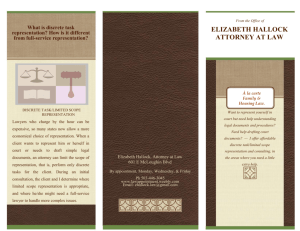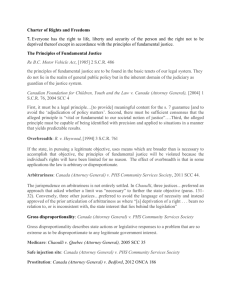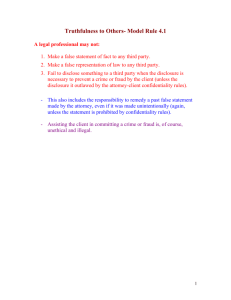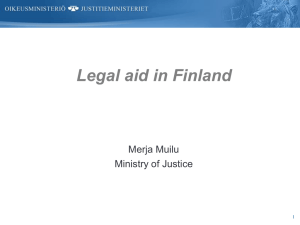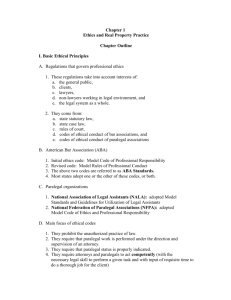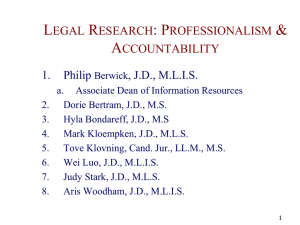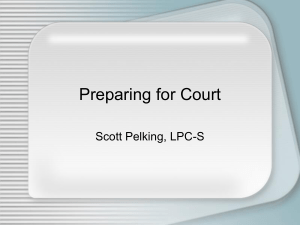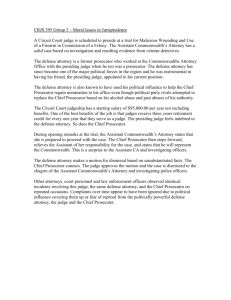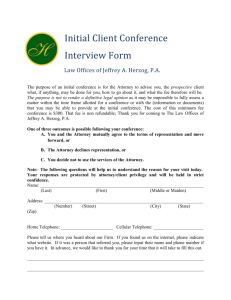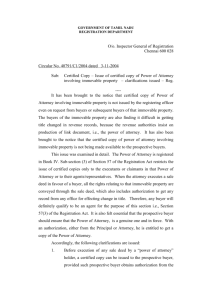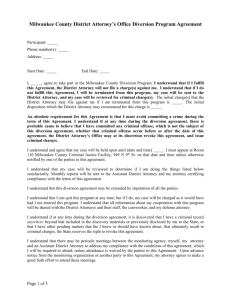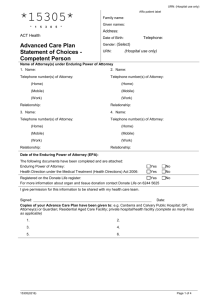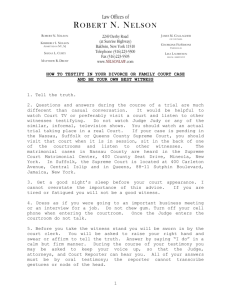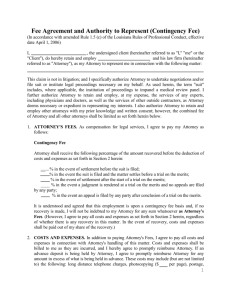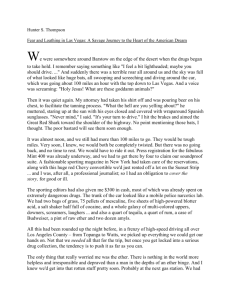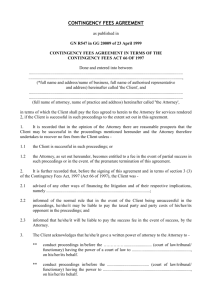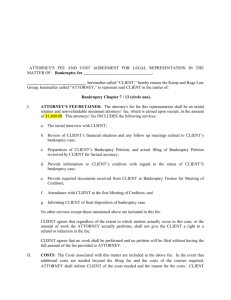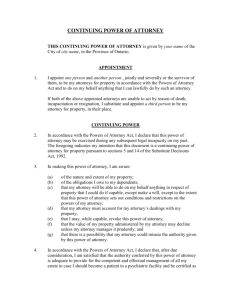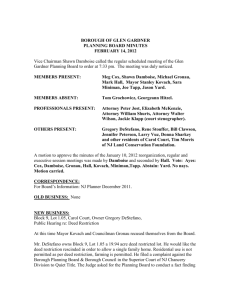ANSWERS TO HYPOTHETICAL TWO Hypothetical Two: This
advertisement
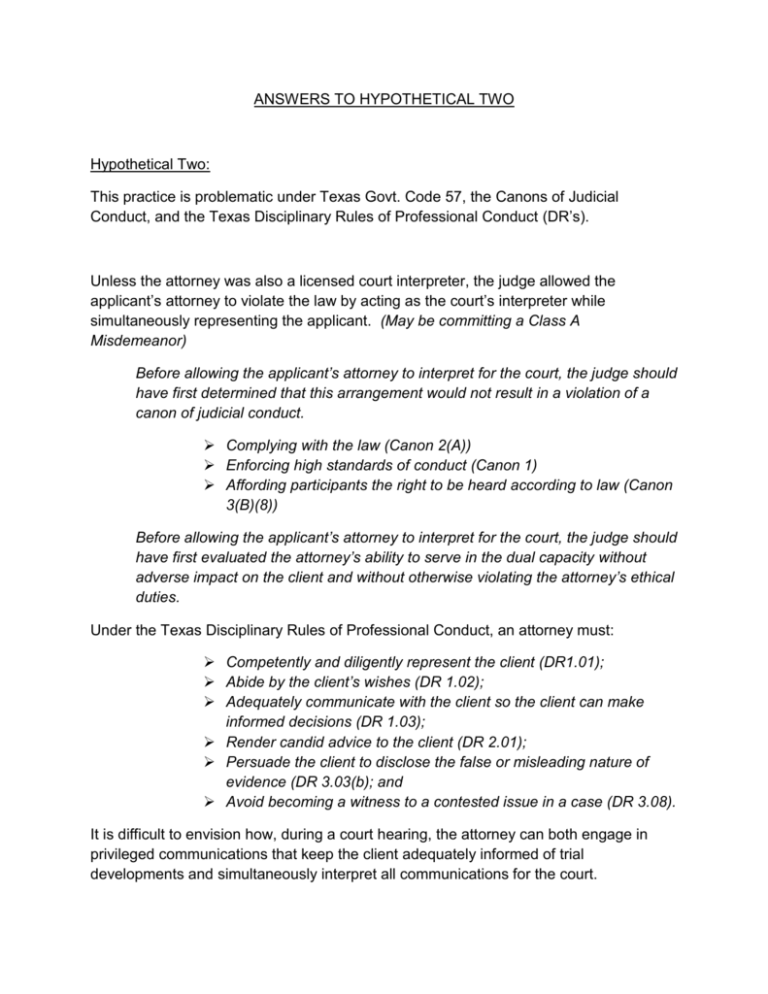
ANSWERS TO HYPOTHETICAL TWO Hypothetical Two: This practice is problematic under Texas Govt. Code 57, the Canons of Judicial Conduct, and the Texas Disciplinary Rules of Professional Conduct (DR’s). Unless the attorney was also a licensed court interpreter, the judge allowed the applicant’s attorney to violate the law by acting as the court’s interpreter while simultaneously representing the applicant. (May be committing a Class A Misdemeanor) Before allowing the applicant’s attorney to interpret for the court, the judge should have first determined that this arrangement would not result in a violation of a canon of judicial conduct. Complying with the law (Canon 2(A)) Enforcing high standards of conduct (Canon 1) Affording participants the right to be heard according to law (Canon 3(B)(8)) Before allowing the applicant’s attorney to interpret for the court, the judge should have first evaluated the attorney’s ability to serve in the dual capacity without adverse impact on the client and without otherwise violating the attorney’s ethical duties. Under the Texas Disciplinary Rules of Professional Conduct, an attorney must: Competently and diligently represent the client (DR1.01); Abide by the client’s wishes (DR 1.02); Adequately communicate with the client so the client can make informed decisions (DR 1.03); Render candid advice to the client (DR 2.01); Persuade the client to disclose the false or misleading nature of evidence (DR 3.03(b); and Avoid becoming a witness to a contested issue in a case (DR 3.08). It is difficult to envision how, during a court hearing, the attorney can both engage in privileged communications that keep the client adequately informed of trial developments and simultaneously interpret all communications for the court. In other words, in a dual role, the attorney may not ethically be able to disclose information that the interpreter is ethically required to disclose. Ethical considerations aside, the judge in this hypothetical faced numerous practical challenges in using the party’s attorney as the court interpreter. Even if all ethical obligations to the client are satisfied, having the attorney also interpret poses numerous practical challenges, including: How to preserve objections to specific instances of interpretation; How to preserve attorney-client privilege; How to make or respond to evidentiary objections in a timely fashion; and How to execute trial strategy while also interpreting.


